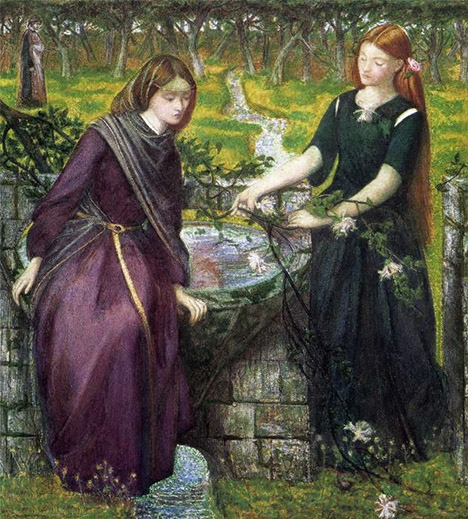Good Death – 3
Solomon’s New Broom
Solomon continued David’s role as redeemer/blood avenger. Like Ham’s attack on Noah, and Absalom’s sin on the roof, Adonijah’s request for one of David’s concubines was recognised as a grasp for the throne. Joab was judged for his shedding of innocent blood, and although he grasped the horns of the altar, refuge was lawfully denied (Numbers 35:15-19).1
The last priest of the house of Eli, Abiathar, was exiled before the Ark was given a permanent house. Like Gideon’s bull, the guilty “died” on the old altar before a new one could be established.
Solomon’s judicial execution of his father’s enemies was not paranoid. It was “good death.” The Lord always builds His house out of the corpses and plunder of His enemies. As death precedes resurrection, so discipline must come before joy (Hebrews 12:11) and Solomon’s actions here demonstrated his great wisdom as a judge.
______
1 “Why grasp the horns of the altar when you’re a fugitive in the temple? How is it legitimate to touch the horns, when the altar as a whole is forbidden to all but the priests? The answer to the first is found in the premise of the second: The altar is holy, and communicates holiness to anyone who touches it (if they aren’t holy already). When a fugitive grasps the horns of the altar, he becomes sanctified and hence inviolable. If found guilty, he will be killed (like Joab) because of a sacrilege; but if he is innocent, he protects himself with a taboo of holiness.” Peter J. Leithart, Horns of the Altar, www.leithart.com


























